For a long time, I resisted aging. I dyed my hair, refused help, put off updating my will, and held my head upright to smooth out my wrinkled neck and sagging jaw lines. I relished being told that I looked much younger.
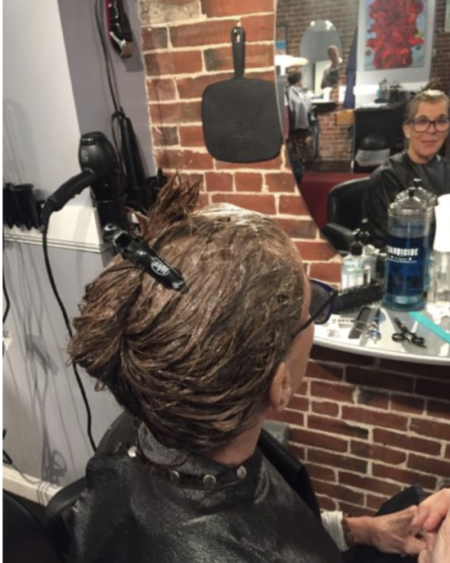
From my hair-dying days, c. 2016.
Then Covid hit, forcing me into a prolonged isolation with hours and hours of long days alone. Without access to my hairdresser, I let my natural color grow in, which turned out to be a lovely white. I gratefully accepted offers from young friends who brought me groceries. Initially I grew depressed with all my alone time, but I learned to view it as an opportunity for deep reflections. I turned my despair into spiritual pursuits and meditated with a new resolve.
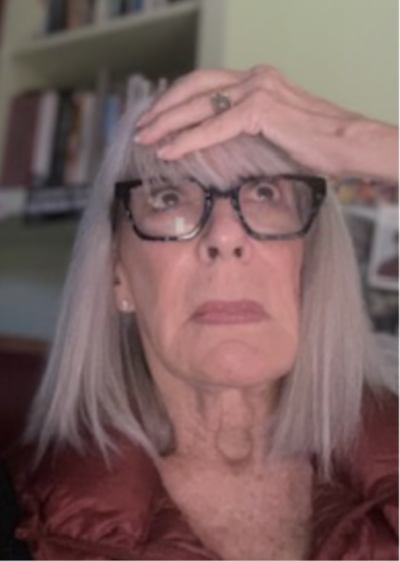
Yours truly in thoughtful mode with my new white hair
Today, I’m still very much a work in progress, but my Covid isolation allowed me to discover the joys in aging.
I became an outlier, spurning the anti-aging movement with the urgent message to “age successfully.” I reject this mandate because it insists, if you don’t approach aging devoted to rolling back the clock through diet and exercise and maintaining a youthful appearance, you’re a failure.
You’re not living authentically when you resist your aging, or pretend it’s not happening. The old saw, “Age is only a number,” is just plain stupid. In my late seventies, I’m old. My body is not the same as it was ten years ago. To behave otherwise is to live in denial.

Two friends who own their aging faces: Barbara, 72 and Sue, 80
Here’s what I can honestly say I like about aging:
I feel wiser. I can discriminate between what’s important to get worked up about and what isn’t. I find it easier to brush off hurtful remarks by realizing they are often the other’s projection. This isn’t to imply I can’t take constructive criticism, but I’ve learned to discriminate between valid critiques and angry, unjustified verbal attacks.
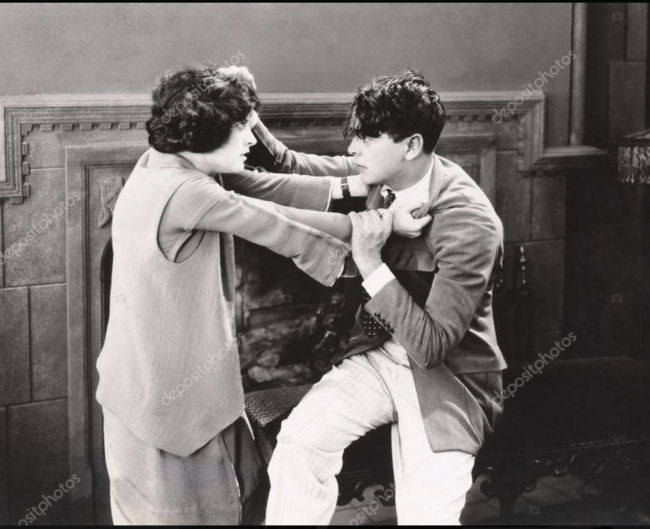
Arguments that had me tearing my hair out are a thing of the past
I delight in passing on my wisdom to younger women who look to me for support and understanding. I’m honored to be a mentor.
I am calmer. I greet most days with gratitude, having adopted this practice from reading Mary Pipher. I find it easier to blow off hot heads in my family. I am more in the moment which allows for a deeper appreciation of everyday events, like a stranger’s friendly greeting, or the graceful way the winds moves through the trees.
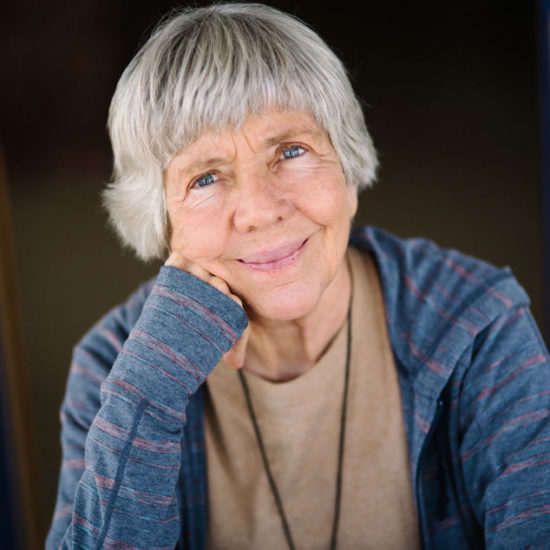
Mary Pipher, who dispenses her aging wisdom in her book, Women Rowing North.
I am learning to accept my finite existence, I’ve updated my will and talked with my kids about my death, which includes a request for everyone to wear polka dots at my memorial service.
I am gradually accepting my solo state. While being in love again would be welcomed, it feels like the odds are against that. I don’t miss the scrutinizing male gaze. I like it when young men hold the door for me.
I have learned to ask for help.
Giving and receiving help fosters connections. My relationship with the young couple who live next door has been enriched by my ability to ask for their help and, in turn, through their generosity. They shovel my sidewalk, install and remove my AC units, and assist me with computer glitches. In exchange I have gifted them with wine and plan to give them my treasured Babar circus painting for their baby, due this May. If I had been reluctant to ask for their help when I needed it, our friendship might never have taken off.

Here’s my basic formula for embracing old age: learn to love your old face for all the wisdom it holds and the serenity it projects. Practice compassion as much as possible. Do what you can to make the world a better place by joining a cause important to you, like climate change. Civic connections are critical as we age. They give life meaning.
Above all, make room in your heart for joy.
Dance in the kitchen, laugh heartedly, smile at the sun, cherish your friends, and dare to be happy.
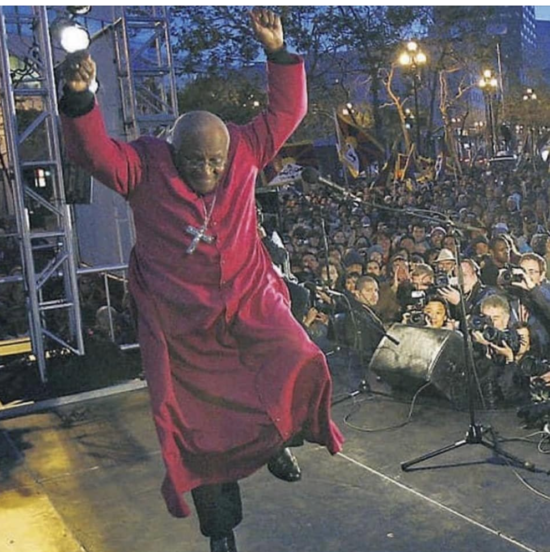
Desmond Tutu embodied joyful aging






